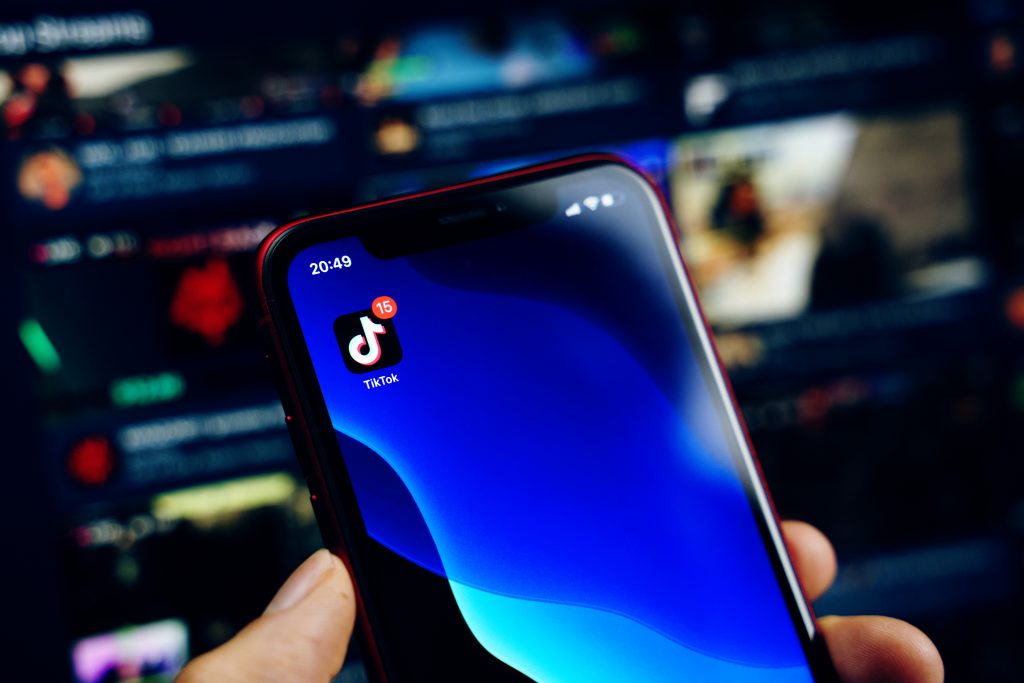TikTok use prohibited for state employees in Texas
Attempts to ban TikTok in the United States continue, with Texas recently banning the app on government devices.

On Monday, Judge Robert L. Pitman of the United States District Court of the Western District of Texas upheld a ban prohibiting Texas state employees from using the Chinese-owned TikTok app on government-issued electronic devices and networks, citing national security concerns.
Given the increasing data security and privacy concerns posed by the TikTok app owned by Byte-Dance, a Chinese company, lawmakers across the United States are seeking to restrict access to the app. In Texas, a recent ruling banned government employees from using TikTok on government devices and networks. However, this is a limited ban as it only applies to Texas state employees who can use TikTok on their devices.
The Knight First Amendment Institute challenged the court that the ban violated the First Amendment and is seriously obstructing faculty from undertaking research related to the app. The judge rejected the argument. While concurring that the ban did limit public university employees in Texas from researching the app, he deemed it a reasonable restriction, motivated by data security and privacy concerns.
Why is it important?
Recently, governments worldwide, including Europe and the US, are seeking to restrict and limit access to TikTok. These actions are dictated by the concern that sensitive user data of their citizens – such as location data – could find its way into the hands of the Chinese government. They have pointed to specific laws, such as the Chinese Data Security Law, 2021, that give the Chinese government greater control over data collected by private companies, including foreign companies in its jurisdiction. There are also concerns regarding the spread of misinformation through the app by targeted content recommendation systems. The Texas court ruling highlights the formidable challenge of navigating the complex balance between security, privacy, and freedom of speech in the digital world today.

